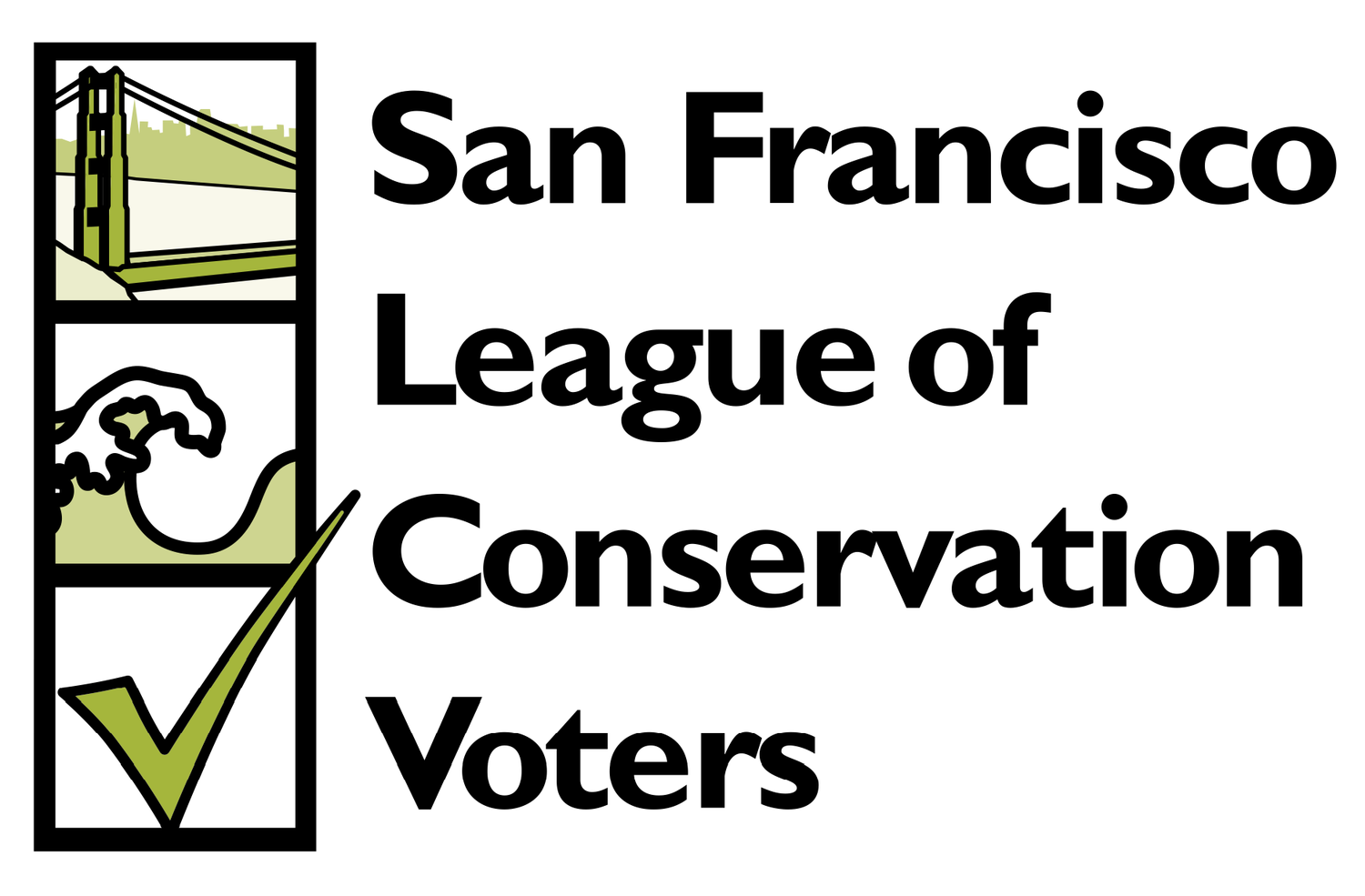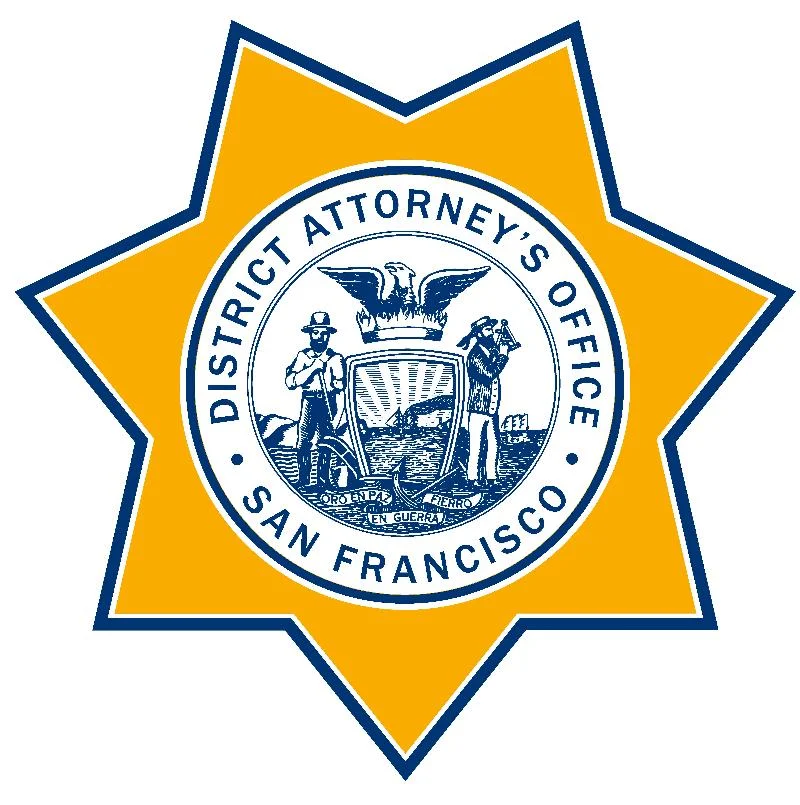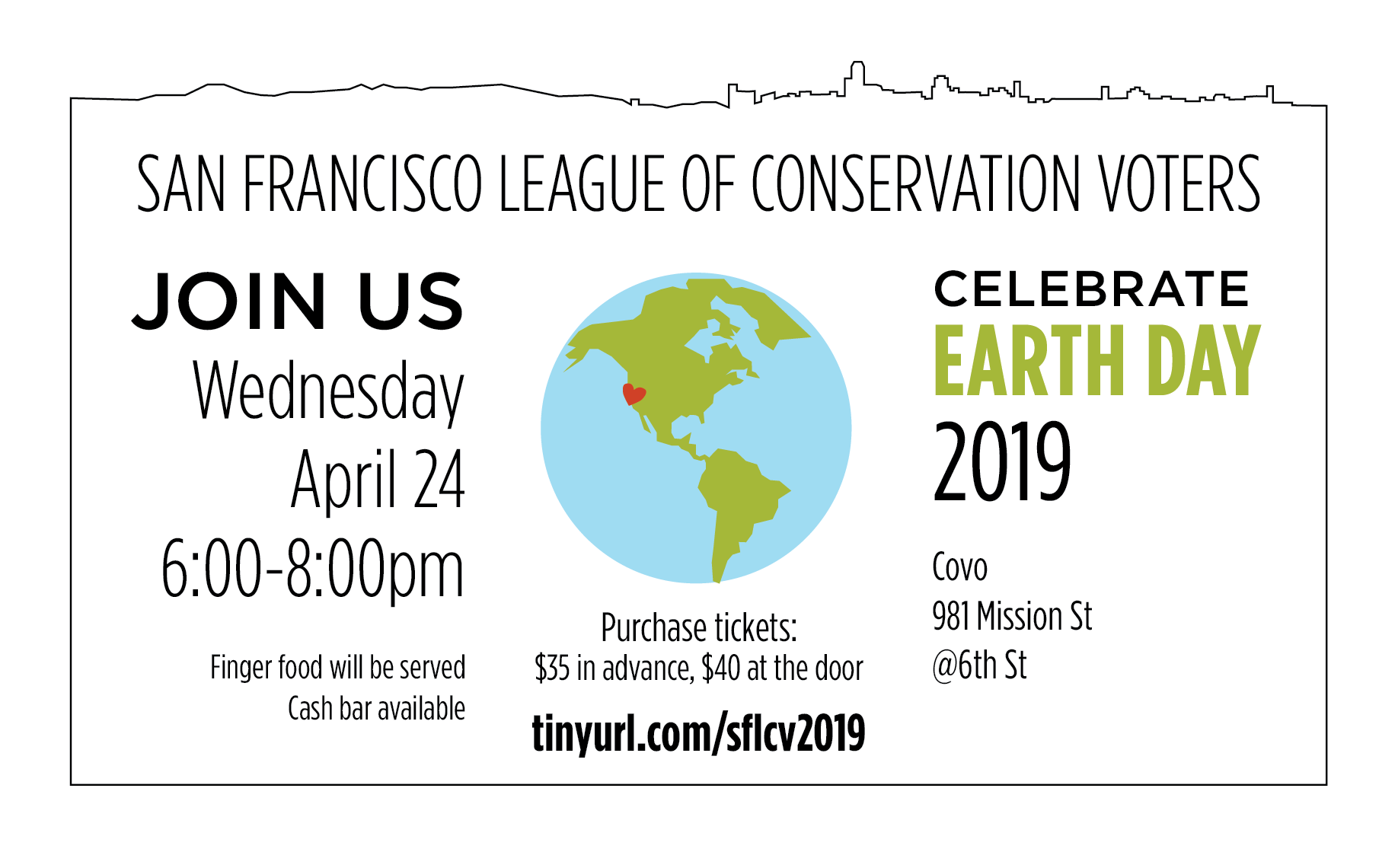Early education and care for children in San Francisco is expensive. On average, daycare and preschool here cost $20,000 a year. There is some public early care and education in San Francisco, but the demand for it far outstrips the supply. Today, 2,400 children are on the waitlist, and many more families do not qualify for the waitlist but struggle to afford public early education and care for their young children. This is also a gender equity issue, as high costs often push mothers, especially those with lower incomes, to set aside careers to care for children themselves.
The city’s successful Preschool for All program, passed in 2004, already helps families with 4-year-olds. As a result, preschool enrollment has increased significantly, as has San Francisco children’s school readiness. But families with younger children still struggle.
Much of the work of the San Francisco League of Conservation Voters is about making urban living—already arguably the most sustainable way of life for the planet—sustainable for more people. This means that urban living should be affordable. If families cannot afford to live in San Francisco (already a problem for many) because they cannot afford childcare, they will likely move to a place that is more suburban. There, they will have a far larger ecological footprint, losing all of the efficiencies of urban living, driving more and consuming far more resources.
Prop C would help families, especially those with lower incomes
Proposition C proposes to fund early childhood education and care—daycare and preschool, for children up to age 3—to help families making up to 200% of Area Median Income (AMI); 200% AMI for a family of three is $207,500. It would get all the families off the current waitlist; these families earn up to 85% of the state median income (SMI); 85% of SMI for a family of three is $63,240. Prop C would also increase services for children up to the age of six.
In addition, Prop C would increase wages for early care and education providers; these are often women of color, doing some of the most important work in our society for some of the very lowest pay.
Prop C would do all this by increasing the tax on commercial landlords in San Francisco. It would increase the tax rate from the current very low level of 0.3% to 3.8%, to raise an estimated $130 million per year. It exempts small businesses that make less than $1 million in gross receipts per year, and allows deductions for small businesses that rent to nonprofits, and non-formula (non-chain) retailers.
The San Francisco League of Conservation Voters believes it is important to make San Francisco an affordable place to live for families, especially those with lower incomes, as well as for teachers and childcare workers, and to support women’s ability to work outside the home. Prop C will help do all of this.
We urge you to vote YES on Prop C.










